Brownsville Off-Road Pros: Save Money, Get Unmatched Expertise!
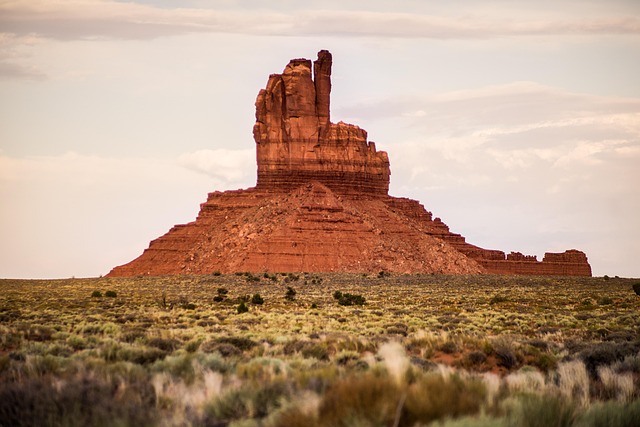
Looking to dominate the rugged terrains of Brownsville Off Road Communities? Brownsville Off-Road is…….
In an era where urban planning faces mounting pressures to accommodate rapid population growth and evolving lifestyles, innovative solutions are emerging from the unlikeliest of places—off-road communities. Among these, Brownsville Off-Road Communities (BOCs) have garnered significant attention for their unique approach to housing, infrastructure, and resource management. This article aims to delve into the intricate world of BOCs, exploring their definition, global impact, economic implications, technological innovations, regulatory frameworks, challenges, and the potential they hold for shaping the future of sustainable living. By examining various aspects of these communities, we will uncover why Brownsville Off-Road Communities are not just a niche phenomenon but a game-changer in the realm of urban development.
Brownsville Off-Road Communities, as the name suggests, refer to residential and commercial areas that are primarily accessed by off-road vehicles or non-motorized means, such as hiking trails or river crossings. These communities are typically located in remote or rugged regions, far from traditional urban centers. BOCs emerged as a response to various factors, including limited access to services, high land costs in established urban areas, and the desire for a more self-sufficient lifestyle.
Core components of BOCs include:
Housing: Often consisting of rustic cabins, mobile homes, or custom-built off-grid residences designed to withstand harsh environmental conditions.
Infrastructure: Minimal road networks, relying instead on trails and paths for vehicle access. Essential services like water supply, electricity, and waste management are often provided through innovative off-grid systems.
Lifestyle: Residents embrace a more isolated yet interconnected way of life, fostering strong community bonds and a deep connection with nature.
Historically, BOCs have been associated with rural areas, wilderness retreats, or survivalist communities. However, the concept has evolved to include modern, sustainable developments that cater to diverse populations, from eco-conscious urbanites to retired professionals seeking off-grid living.
The idea of Brownsville Off-Road Communities has transcended national borders, captivating the imagination of individuals worldwide. Several key trends contribute to its global appeal:
Sustainable Living: The growing environmental consciousness drives many to seek alternative lifestyles that minimize their ecological footprint. BOCs offer a viable solution by promoting off-grid living, renewable energy sources, and sustainable resource management practices.
Affordability Crisis: In many developed countries, housing costs have reached unprecedented levels, pushing individuals and families towards more affordable options. BOCs provide an alternative to traditional urban living, offering lower land and property prices.
Digital Nomadism: The rise of remote work has led to a significant shift in lifestyle preferences, with many professionals seeking locations that offer a better work-life balance. BOCs cater to this trend by providing peaceful, natural settings conducive to productivity and relaxation.
Tourism and Recreation: Some BOCs have emerged as popular destinations for outdoor enthusiasts, eco-tourists, and adventure seekers, contributing to local economies and raising awareness about sustainable tourism.
The economic aspects of Brownsville Off-Road Communities are multifaceted, influencing both local and regional markets:
| Aspect | Impact |
|---|---|
| Real Estate Market | BOCs often experience a unique real estate dynamic. While land and property prices can be lower than in urban areas, the lack of traditional infrastructure may deter some buyers. However, the growing demand for off-grid living has led to increased investment in sustainable development projects. |
| Local Businesses | These communities foster small-scale enterprises, including eco-tourism ventures, off-grid supply stores, and specialized service providers. These businesses contribute to local economic diversity and resilience. |
| Regional Economy | BOCs can attract visitors and residents from nearby urban centers, stimulating regional economies. They also create opportunities for remote work, encouraging digital nomads to contribute to local markets through their spending and business ventures. |
| Housing Affordability | By providing more affordable housing options, BOCs can help alleviate housing crises in densely populated areas, making them an attractive prospect for first-time homebuyers and retirees. |
Technology plays a pivotal role in modernizing Brownsville Off-Road Communities, enhancing their livability and sustainability:
Renewable Energy: Solar panels, wind turbines, and micro-hydroelectric systems are being increasingly adopted to power homes and common areas. These technologies reduce reliance on fossil fuels and provide clean, sustainable energy sources.
Smart Home Automation: Off-grid living can be made more comfortable and efficient through smart home technology. Automated lighting, temperature control, and security systems enhance the overall quality of life while minimizing energy consumption.
Telecommunication Solutions: Satellite internet access and cellular network enhancements have improved connectivity in remote areas, enabling residents to stay connected with the outside world and facilitating online work opportunities.
Drones and Remote Sensing: These technologies assist in resource management, surveillance, and search and rescue operations within BOCs and their surrounding regions.
As Brownsville Off-Road Communities gain popularity, regulatory bodies worldwide are grappling with the challenge of balancing sustainable development with environmental protection. Several key considerations include:
Land Use Planning: Local governments must carefully plan and zone areas suitable for BOCs to prevent uncontrolled growth and preserve natural habitats.
Environmental Impact Assessments: Comprehensive assessments should be conducted to ensure that community development does not harm local ecosystems, wildlife, or water sources.
Infrastructure Development: While minimizing road construction, effective waste management systems, clean water supply, and sustainable sanitation solutions are essential for the health and well-being of residents.
Community Engagement: Involving local communities in decision-making processes ensures that development projects meet the needs and aspirations of existing residents.
Despite their numerous benefits, Brownsville Off-Road Communities also face several challenges:
Access and Transportation: Limited road access can make it difficult for new residents to move in or for essential supplies and services to be delivered. Innovative transportation solutions are necessary to address this issue.
Isolation and Connectivity: Remote locations may result in feelings of isolation, particularly for those reliant on regular social interactions and access to healthcare services. Ensuring adequate communication infrastructure is crucial.
Wildlife Conservation: As BOCs expand, preserving natural habitats and protecting wildlife becomes a significant concern. Balancing community development with conservation efforts requires careful planning and collaboration with environmental agencies.
Community Services: Providing education, healthcare, and emergency services in isolated areas can be challenging. Remote learning platforms and telemedicine solutions offer potential solutions to these issues.
Brownsville Off-Road Communities present a compelling model for sustainable living that offers valuable insights into the future of urban development:
Decentralized Growth: BOCs promote decentralized communities, reducing pressure on centralized urban areas. This approach can help alleviate overcrowding and strain on infrastructure.
Resource Efficiency: Off-grid living encourages resource conservation and efficient use, which aligns with global sustainability goals.
Community Resilience: These communities foster self-sufficiency and resilience, enabling residents to withstand natural disasters or economic downturns.
Preserving Natural Spaces: By locating in remote areas, BOCs contribute to the preservation of pristine landscapes and ecosystems.
As the world grapples with climate change and urbanization, Brownsville Off-Road Communities offer a viable alternative that combines modern amenities with environmental stewardship. Embracing these innovative models of living can lead to more sustainable, resilient, and inclusive urban futures.
In conclusion, Brownsville Off-Road Communities represent a fusion of sustainability, technology, and community living. They provide a unique lifestyle choice while addressing pressing global challenges. By understanding and supporting the development of BOCs, we can pave the way for a greener, more connected world that values both human flourishing and environmental preservation.

Looking to dominate the rugged terrains of Brownsville Off Road Communities? Brownsville Off-Road is…….
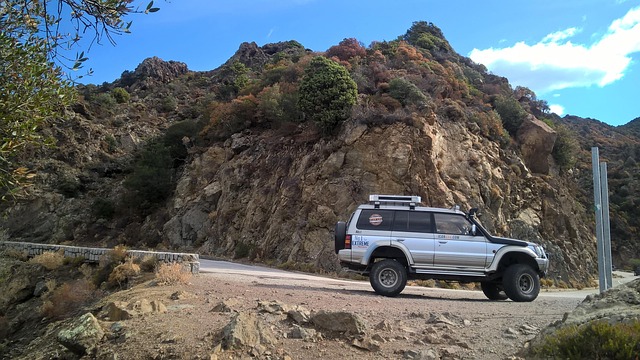
Join the Brownsville Off Road Communities and elevate your off-road adventures to new heights! Our a…….

Elevate your off-road adventures in the heart of Brownsville with our exclusive upgrades designed sp…….

Tired of frequent wheel replacements in the rugged Brownsville Off Road Communities? New Wheel Solut…….
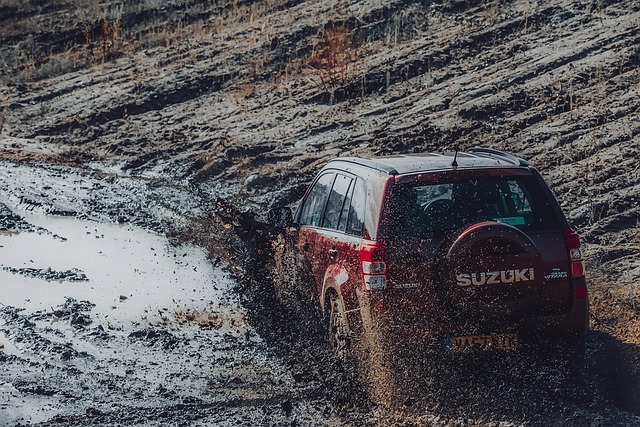
Unleash your adventurous spirit with Brownsville Off Road Communities. We offer an unparalleled off-…….
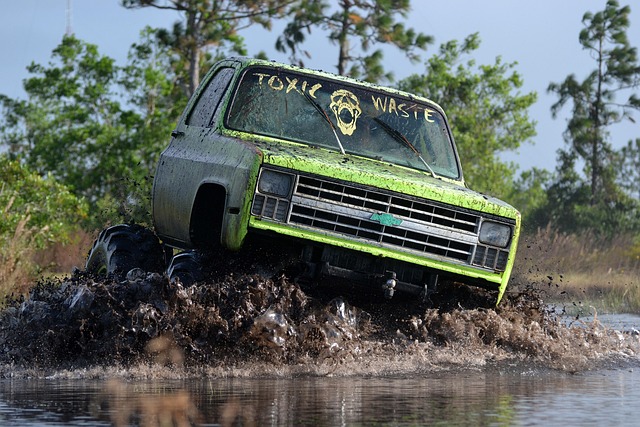
Are you an off-roader in Brownsville tired of high tire costs and safety concerns? Our specialized w…….
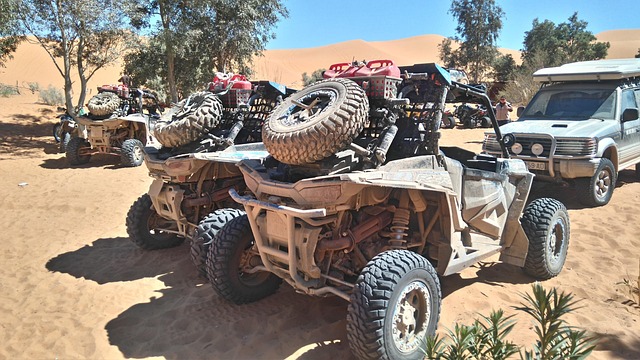
Unleash the full potential of your 4×4 and dominate the challenging trails of Brownsville Off Road C…….